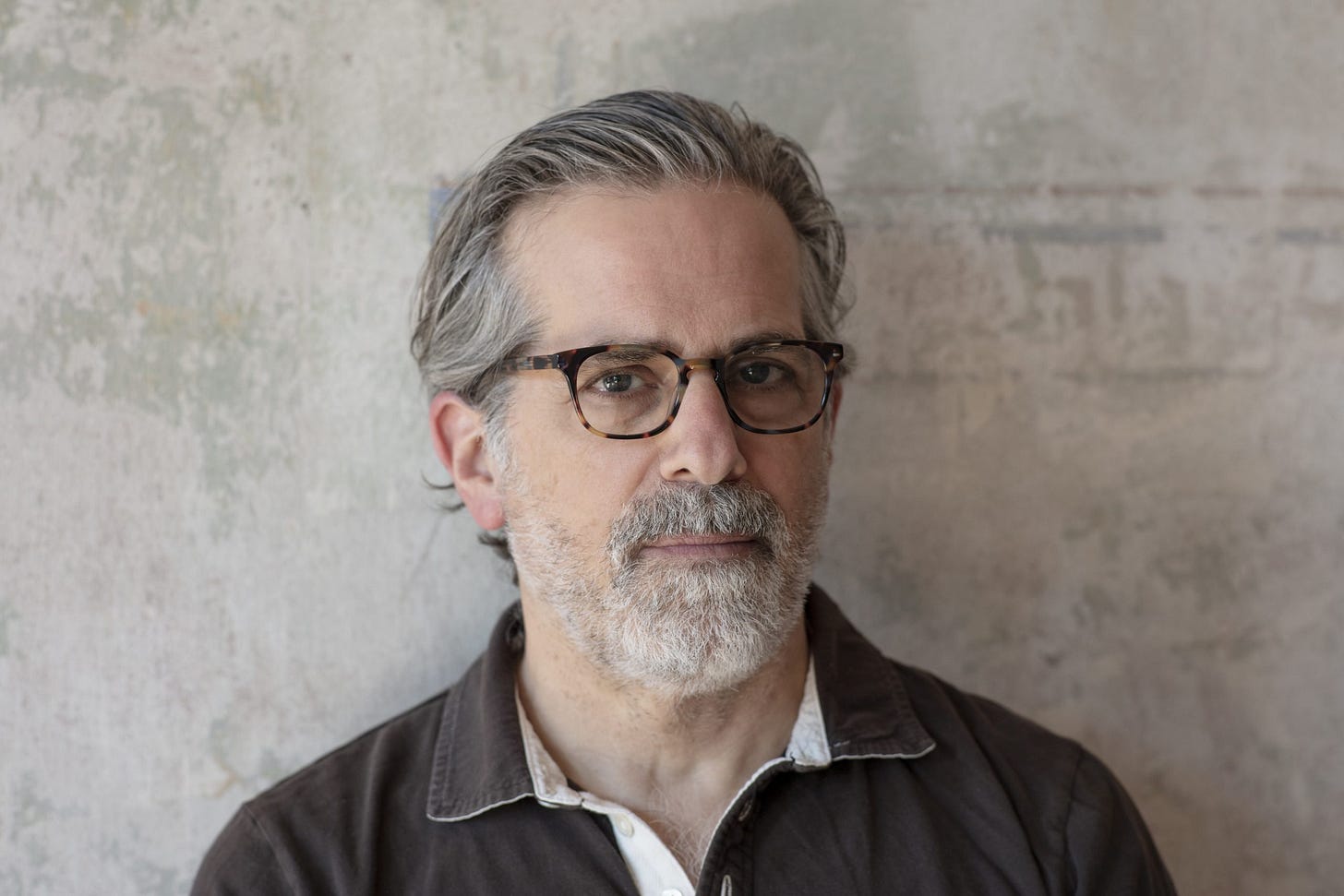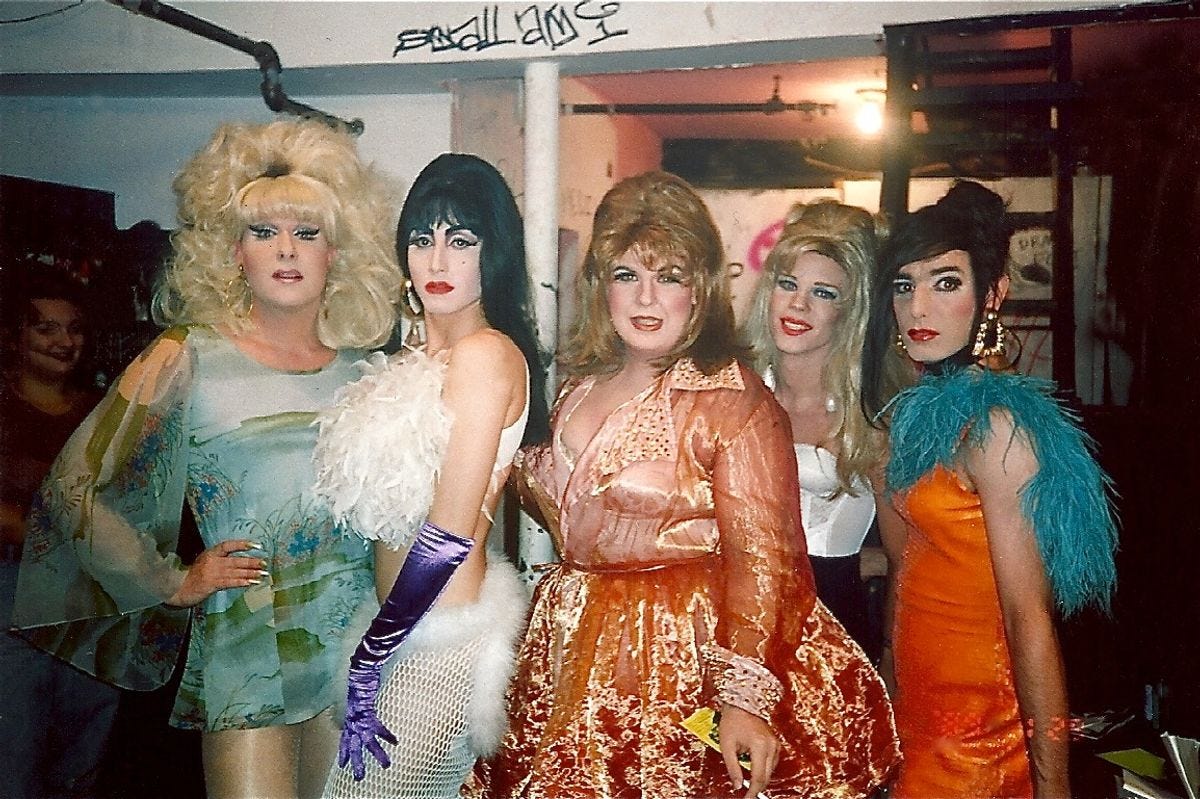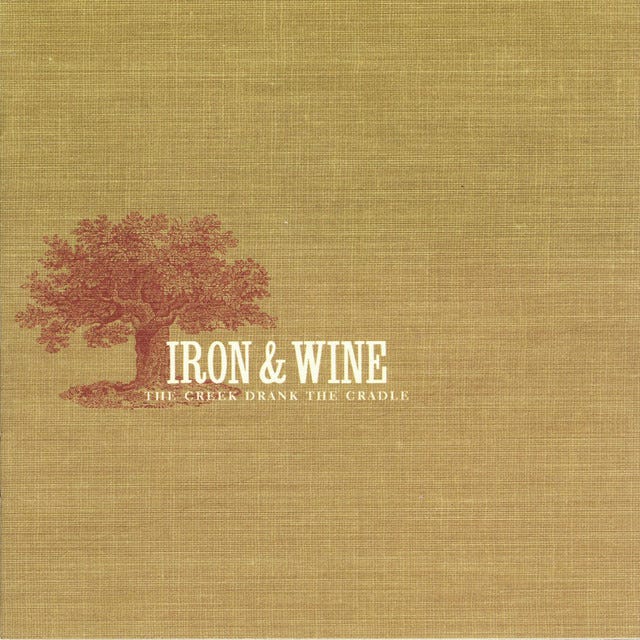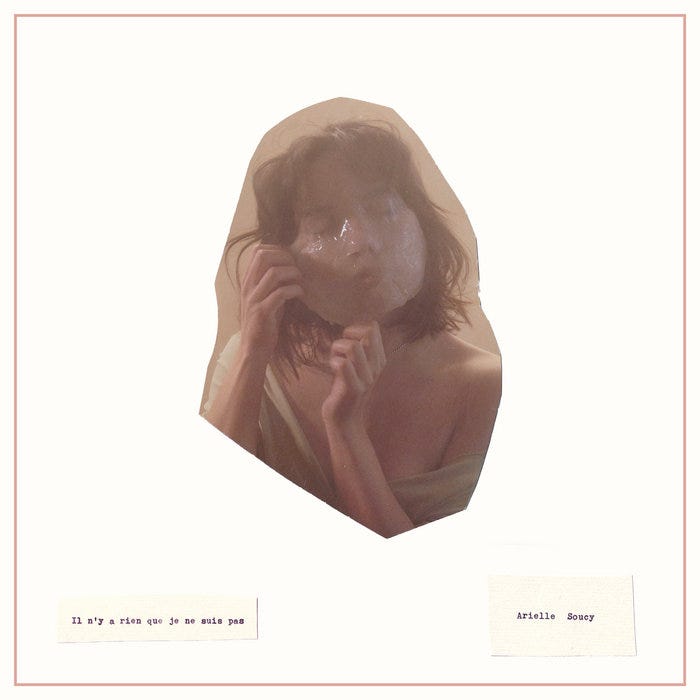Chloe Qisha is becoming the master of all pop
Before music called her name, Chloe Qisha was training to be a therapist. Now, she’s debuting with a sleek and personality-filled set of tracks ready for the stage and pushing the pop envelope.
Qisha moved from Malaysia to the UK at 16 to finish the last two years of high school, something that cemented her selfhood early. “You become a lot more sure of yourself and a lot more solidified in your values,” she notes. Hellbent on becoming a therapist, she got a degree in psychology but realised she was “probably way too emotional to be anyone’s therapist.” Music suddenly seemed like a viable career path, so she wrote songs while she was in school, and pivoted to a master’s degree in communication as a back-up plan, “which sounds absolutely mental.”
A self-described pop girlie “out of the womb,” her parents played her disco before hitting a sweet spot in high school with stars like Katy Perry, Lana Del Rey, and Lorde. Now, with the new A-team of Charli xcx, Chappell Roan, and Sabrina Carpenter taking over the charts, “I’m here for it, I’m hungry for more,” Qisha says. “Each of them have such strong touchpoints that a lot of other pop acts don’t seem to be holding onto. Not only are they lyrically sound, but also sonically and the world they’re building is so strong. And that’s something I hope to emulate.”
“The goal for me is always to write the best pop song and wrap that up in slightly more left-of-field references,” Qisha explains and her self-titled EP – released this week – is varied yet familiar, its influences clear — there’s a messy, gritty pop rock sound with the crunchy guitars on “Evelyn” familiar to any Olivia Rodrigo or Paramore fan, and a lot of the funk and silliness of “Sexy Goodbye” comes from Talking Heads or ABBA. But she easily fits into the modern pop landscape that prioritizes storytelling above all: there’s a Swiftian sigh as she sets up the story in one song, singing, “in a London house, there’s the loneliest girl…”
This week at Best Fit, we’re pleased to welcome Michael Kiwakuna back to the scene with his latest record, Small Changes. We’d also be remiss if we didn’t point you towards Magical Seeds, the enchanting latest album from neoclassical experimentalist and master Leifur James. Also out is 070 Shake’s surprise drop, Petrichor (with an appearance from Courtney Love on an incredible cover of “Song to the Siren”); St. Vincent’s Todos Nacen Gritando, the Spanish-language version of All Born Screaming; Loaded Dice, the debut of Brooklyn indie phenom Hank Heaven; and Heaven Hang Over Me from Canada’s Sunnsetter.
Writer Jonathan Lethem on The Blue Nile
I would say about The Blue Nile that, for a long time, I didn’t need any more Blue Nile than “I Love This Life.”
When I did explore them further, it was moderately rewarding and I appreciated their other work, but this particular song still seems supercharged for me, in a way that separates it from the reality of this band who existed at a certain time. But when I learned the circumstances, I discovered it was their very first recording.
You never want to patronise artists by saying, ‘Oh, well, you were better before you knew how to play your instruments’, or ‘Your first novel was your best’. It’s irritating, certainly to the artists. But there’s this thing that sometimes occurs in which you hear the wonder of invention; it’s like they record themselves discovering that they can make a thing that is itself enlivening and magical.
The Blue Nile didn’t really exist as a band until they made this song, and then they were like, ‘Well, we made this, and now I guess we’re a band’. It’s the sound of them becoming that somehow gets into the feeling of the record, and it has the kind of lyrics you might write if you thought you were only ever going to write one song in your entire life.
It's a thing that’s true sometimes of people’s first novels too. They put everything in as if they’ll maybe never write a book again – but you’re going to write plenty of books. It’s also a bit of a manifesto for existence, but a much more melancholic one, even though it announces a decisive view.
It’s “I love this life” – but then everything you feel around the edges of that, from the tones of the music and the performance of the other lyrics, express how hard it is to earn that simple feeling. How bittersweet it is to accept that this is the life that one loves. It’s a song that falls away into abiding with whatever might happen.
I’ve sometimes thought – well, more than sometimes – that I should have this song played at my funeral. I mean, you don’t want to wear people out at your funeral with a really long playlist. It’ll go from an amusing and affectionate thing to people being like, ‘Why do we have to sit here?’ So you’ll probably only get two or three songs before you abuse their patience – and along with “Days” by The Kinks, I sometimes thought, “I Love This Life” would make it as song two or three.
It's very much a midlife crisis song for me. Honestly, if I’m truthful about it, it was when the marriage to the mother of my children was dissolving – not in a violent way, mercifully, in as equitable a way as one could wish – but still immensely painful. I was looking at who I had become and who I hadn’t become, and so the song was very well fitted to that.
The introduction
Fresh out of Brooklyn, 26-year-old Hank Heaven is the folk guitar hero making their own rules.
Describe your sound… Pop, country, electronic. For fans of bands of the nineties/aughts and maybe for people who are neurodivergent.
How you started making music…. I grew up playing guitar from an early age and moved to New York to play full time. I was always writing my songs just for myself while I was playing for other artists. But then I started to share what I wrote to my friends (Jake Luppen of Hippo Campus and Raffaella) and we started making them all together. All the music was made in a house in Minneapolis.
How you got the name “Hank Heaven”…. I was just Hank for a long time but wanted to individualize more. I thought “Heaven” would serve me in whatever I decided to make in the future. Seemed more timeless than my original idea “Hank Sinatra” which, surprisingly, was already taken.
Best riff… Say it Ain’t so opening riff. It gets everybody hyped.
Who you would share a Miller High Life with… Probably SZA.
Hank’s debut album, Loaded Dice, is out now
From the archive….
This week, we’re directing you not to an old clip or album but to a fresh new piece in PAPER magazine that chronicles the oral history of New York’s iconic (though now defunct) Pyramid Club. This, of course, is the place where RuPaul got her start, where the freaks and geniuses and creatives and club rats of the city flocked in the 80s for nights of debauchery, artistry, and freedom. Written by Mickey Bordman, the piece sucks you into a bygone era that you won’t want to leave. Essential reading for all poptimists and culture buffs alike.
Something Old, Something New
Every week, we share recommendations from the Best Fit community on two iconic records — one from the past, one from the present. This week, Bells Larsen shares his thoughts on The Creek Drank the Cradle by Iron and Wine (2002) and Il n’y a rien que je ne suis pas by Arielle Soucy (2023).
I grew up down the street from Toronto’s biggest (and coolest!) record store and The Creek Drank The Cradle by Iron and Wine was one of the first albums that I ever purchased on vinyl. I’ve been revisiting this gem over the past few weeks as I believe it to be the perfect soundtrack for the changing of the seasons. From the soaring dobro to the hushed vocals to the surrealist lyricism to the almost voice memo-esque lo-fi production, I think it's really special. I read or heard somewhere that the reason Sam Beam is whisper-singing is because one of his kids was a baby at the time of recording and the only time he had to actually track these songs was while the baby was sleeping. And he didn’t want to wake her. I don’t know if that’s true, but how cute would it be if it is. It’s really cool to think of artists working within limitations (i.e. a sleeping infant) and seeing what sounds are born out of that. Anyway, I love this album a lot.
I had the pleasure of sharing a bill with Arielle Soucy last November at a loft show in Montreal. She opened her set with the title track of her record, Il n’y a rien que je ne suis pas, and I was just absolutely gobsmacked. The English translation, “there is nothing I am not”, tells you just about everything you need to know about this music. Arielle’s ability to weave stunning English and French poetry together in her lyrics is nuts to me - most artists I know have a tough enough time writing in just one language! The album itself is minimalist in its sound, but mighty and epic at the same time. I’m really inspired by how she balances this so beautifully as a folk musician. The guitarmonies, brushes, harp, and lush vocals are subtle yet so powerful when enmeshed. To me, Arielle’s music is timeless; it’s very easy to forget that this album wasn’t released in the 60s or something. Her sonic universe is one I would live in forever if I could.
Listen to the week in new music by following our Discovery playlist
Dropping at midnight every Thursday, follow our playlist for a taste of the best new music from the most exciting breaking artists – 20 new tracks from the last five days in music that we’ve got on repeat in the Best Fit office right now.
Leading the selection this week are new tracks from Witch Post, Golin, Esme Emerson, Joni, Grandmas House, and coverstars YHWH Nailgun.





![Hank Heaven Glass Press Photo #2 [Credit: POND Creative].jpg.jpg Hank Heaven Glass Press Photo #2 [Credit: POND Creative].jpg.jpg](https://substackcdn.com/image/fetch/$s_!ifdD!,w_1456,c_limit,f_auto,q_auto:good,fl_progressive:steep/https%3A%2F%2Fsubstack-post-media.s3.amazonaws.com%2Fpublic%2Fimages%2F0008aae5-aa5f-467c-82fa-f440cc4207a3_2036x1350.jpeg)



